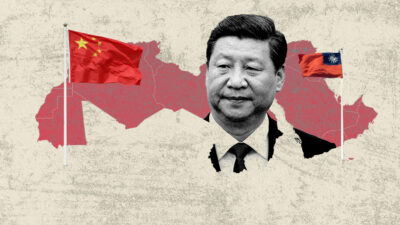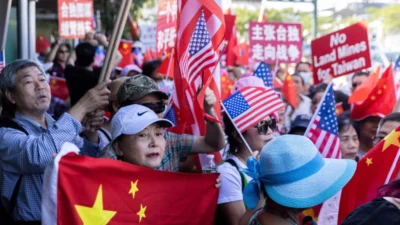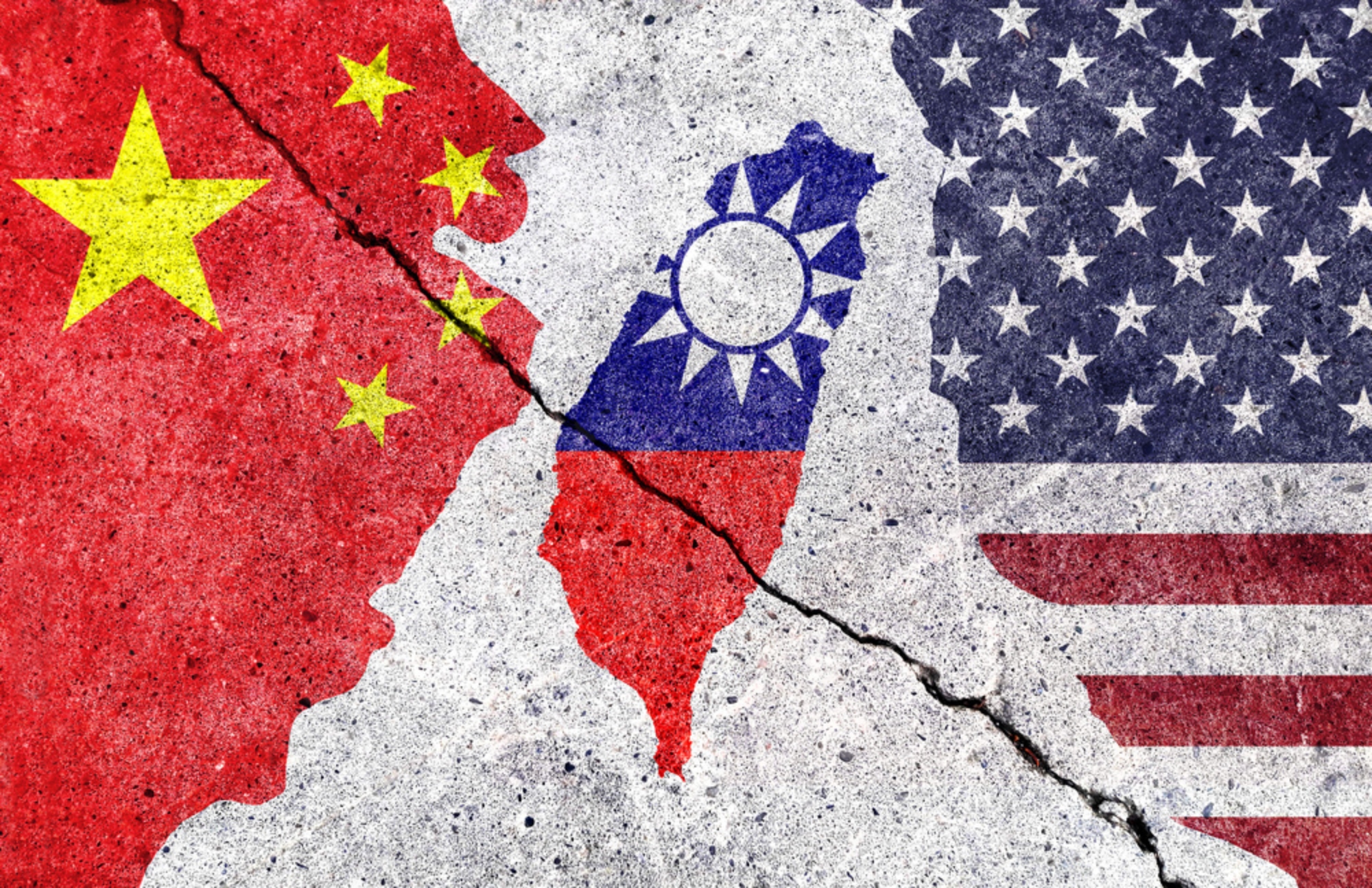Taiwan's Tightrope Between Beijing and Washington
Taiwan, officially known as the Republic of China (ROC), is an island country situated right across the Taiwan Strait from mainland China. Though for the last sixty-eight years self-governing Taiwan has been asserting its independence from China, Beijing insists on considering the renegade province acquiring parts of the mainland eventually. As one of the most vivid and dynamic societies in the world, Taiwan exercises its autonomous government that is elected by its 23+ million people. Its relations with the mainland are highly political and complicated.
Formalization of relations between the United States and the People’s Republic of China (PRC) took place in 1979 when America recognized the political system of the One China principle. Yet, it pursues strong ties unofficially such as arms sale and cultural relations with Taiwan. The US resolve to protect Taiwan is seen in the Taiwan Relations Act that permits arms sales to the island and guarantees peace and stability across the Taiwan Strait.

The rising hostilities in the China and Taiwan relationship have stoked fears of armed conflicts, which could pull in the United States. Although both sides have not disengaged from the possibility of military action, the nature of the conflict and the certainty in timing are unclear. China’s military modernization and assertive behavior, combined with Taiwan’s defense and international support, create a dynamic and unpredictable context.
China has committed different ways of undermining Taiwan’s democracy, like cyber attacks, disinformation campaigns, and election interferences. Although the aforementioned challenges are real, Taiwan’s democracy has remained robust, with high voter turnout and peaceful transitions of power across different political parties. The recent re-election of the DPP and that of the Independence-leaning Kuomintang (KMT), both opposition parties, also reflect strong rejection of Beijing’s prowling.
Majority of opinion polls done among the Taiwanese people show that most of them are in support of the status quo while a small fraction are advocating for immediate independence or the unification with China. Taiwan’s perception of itself as the country of Taiwanese defines the rationale for the separation from China and also the uncertainty in regard to the “one country, two systems” model.

Taiwan’s economy is highly dependent on the Chinese market, the largest market it trades with. Meanwhile, more balanced ties with nations on varieties of trade relations, such as the New Southbound Policy, have come up with stocky achievements. Nevertheless, tariff barriers and restrictions set by Beijing keep suppressing Taiwan’s trade and hindering its access to some trade agreements. Still, despite this, Taiwan takes on various strategies for its economic robustness and attaining independence from Chinese markets.
Taiwan stands on the brink, with China ringing alarm bells and with its political, economic, and security spheres undergoing twists and turns. Mindful of external expectations, Taiwan has maintained its positions of democracy, self-determination, and participation in the international system with great determination, which will be the guiding force in shaping its future in the uncertain geopolitical context.


